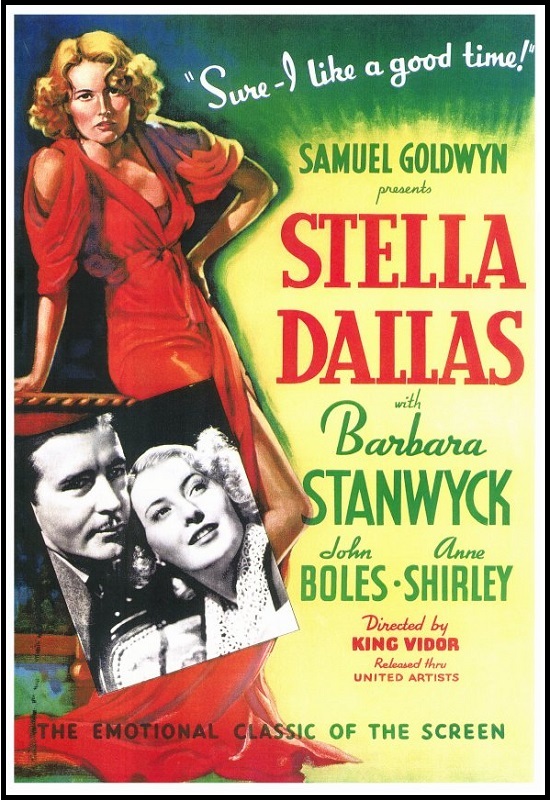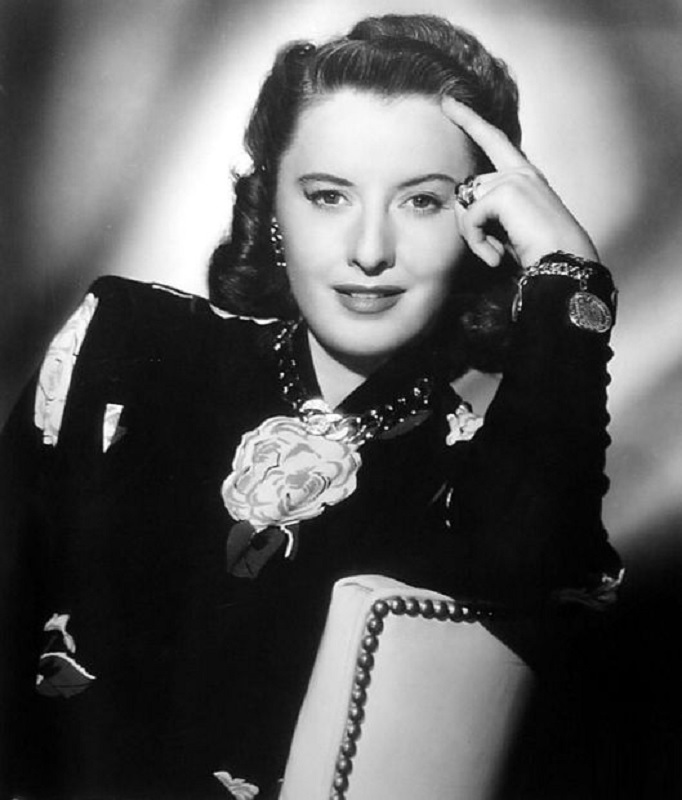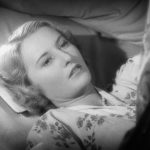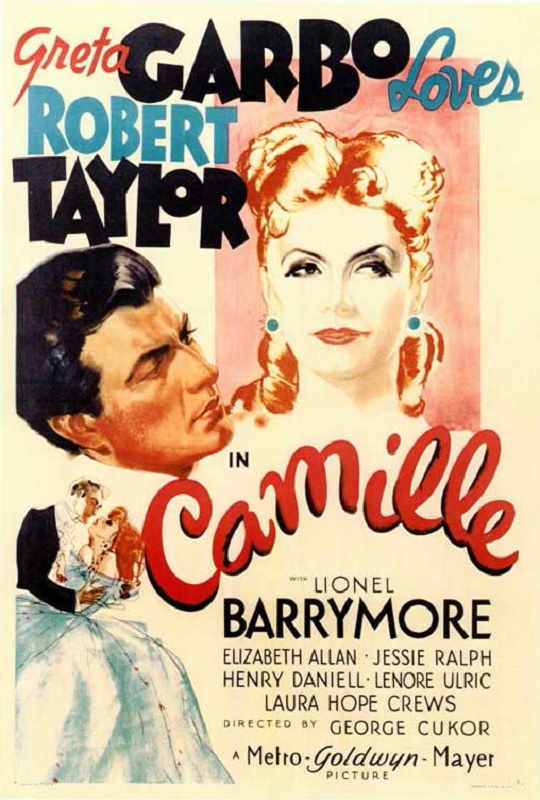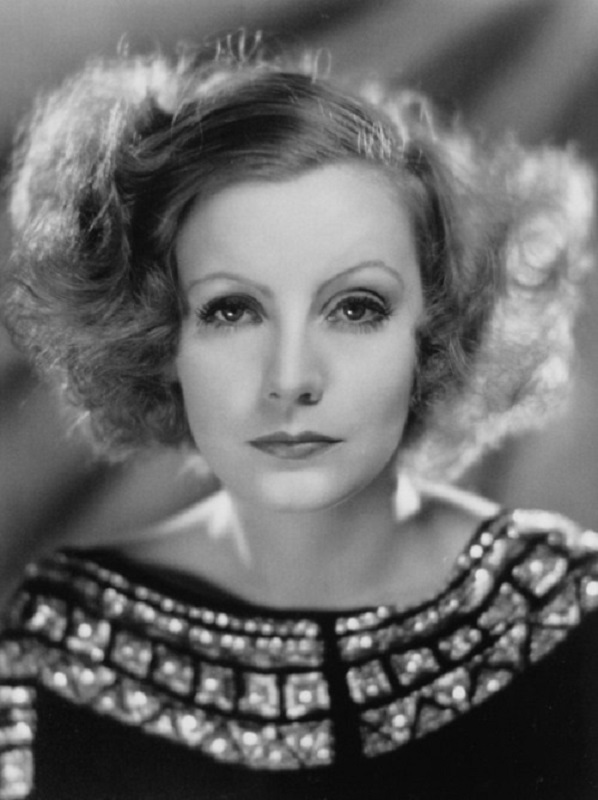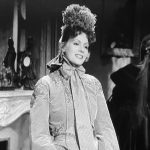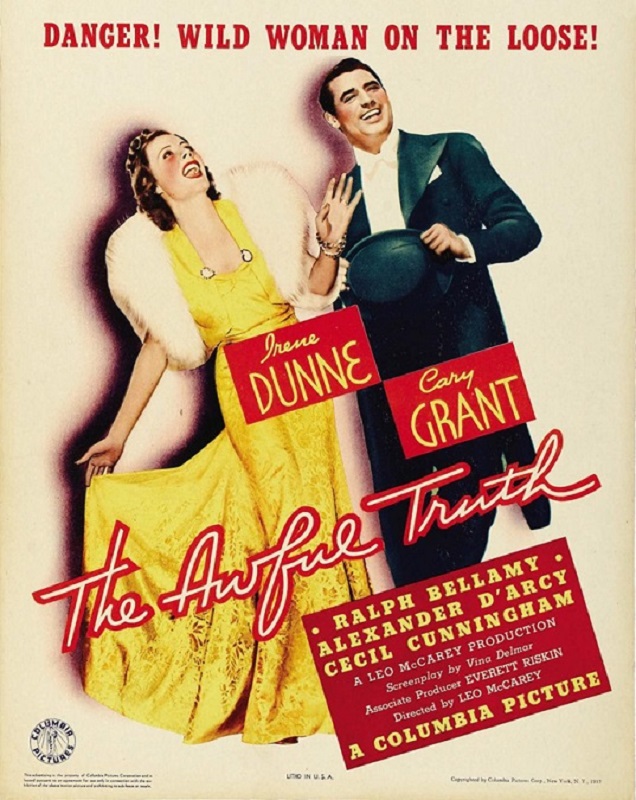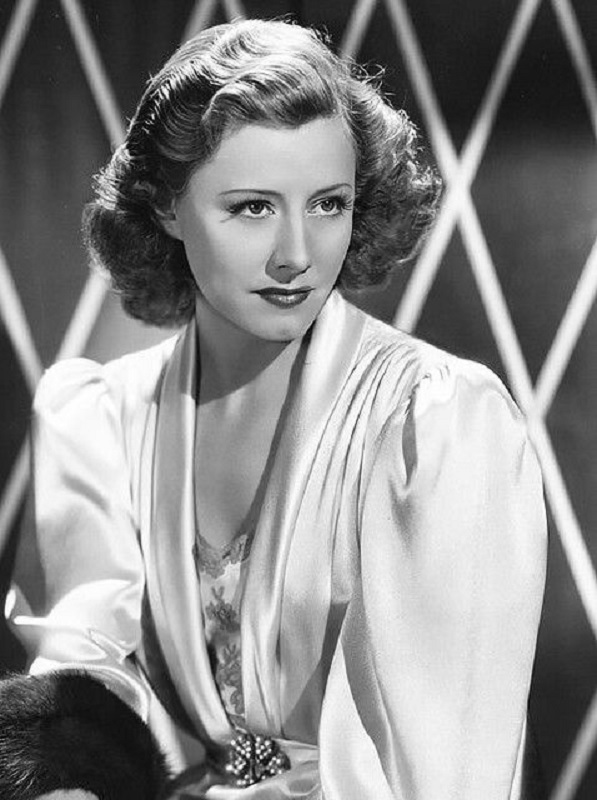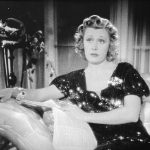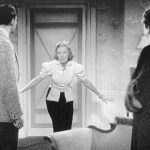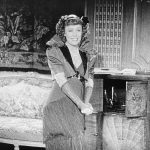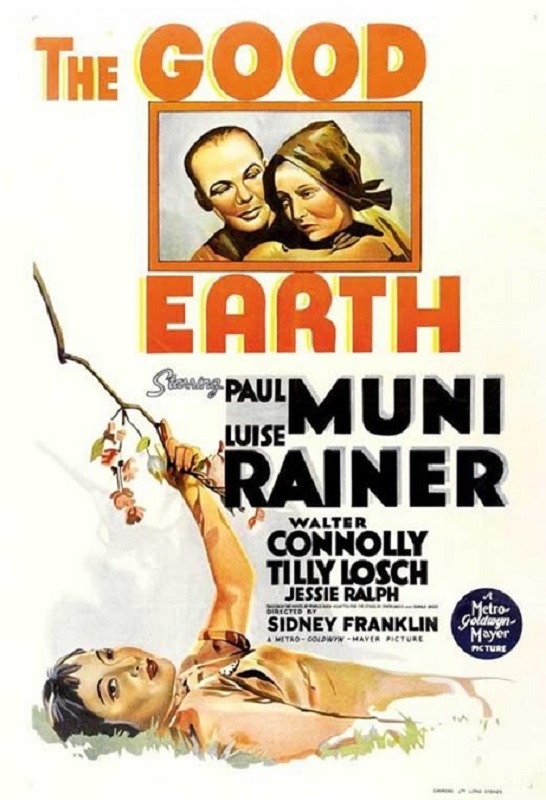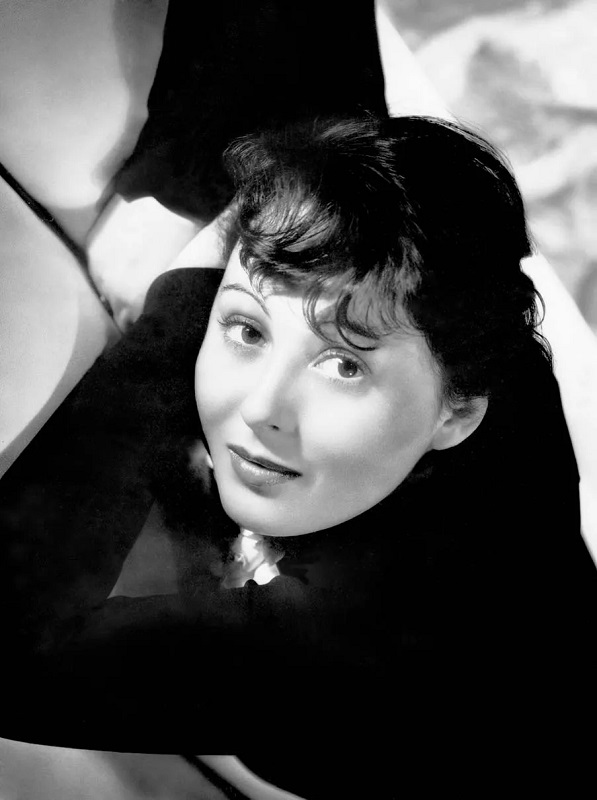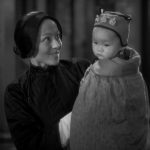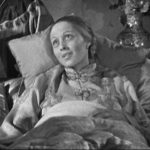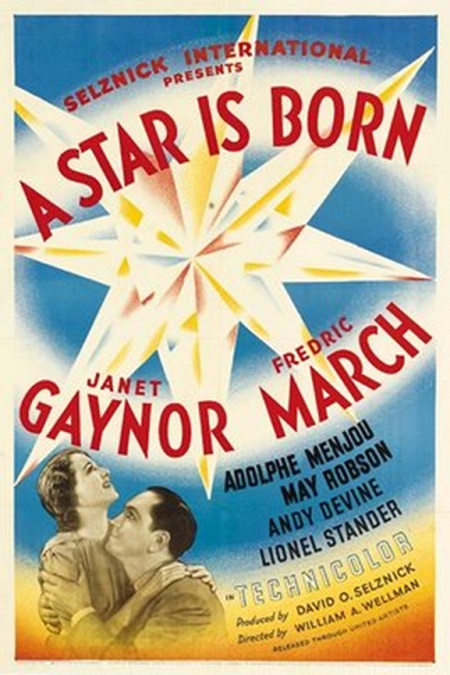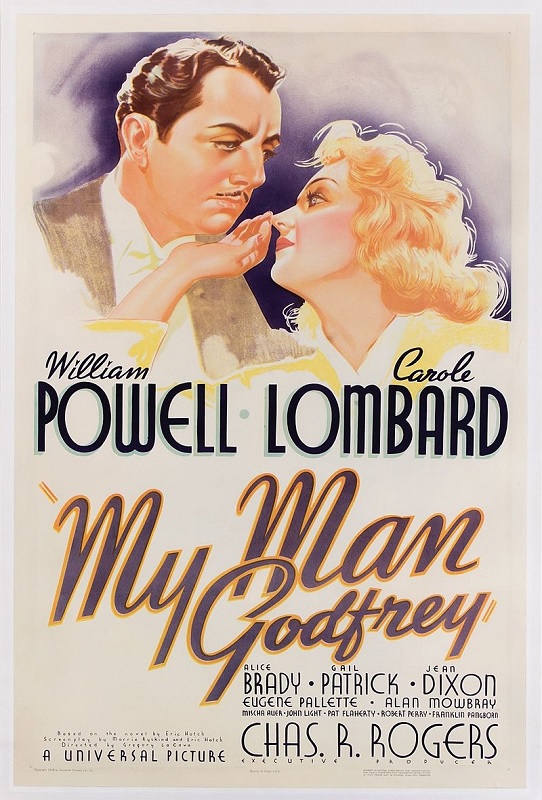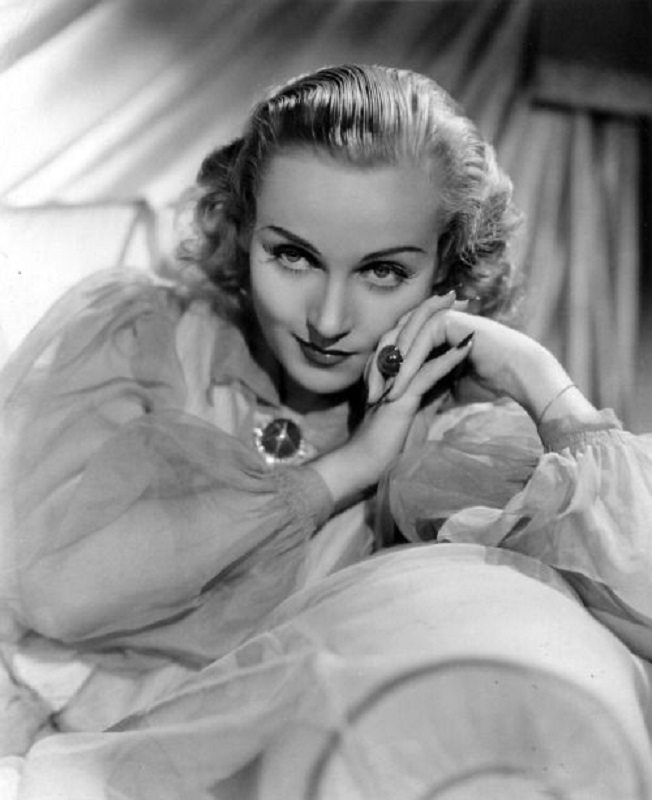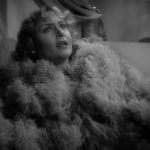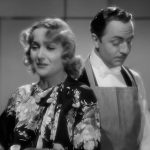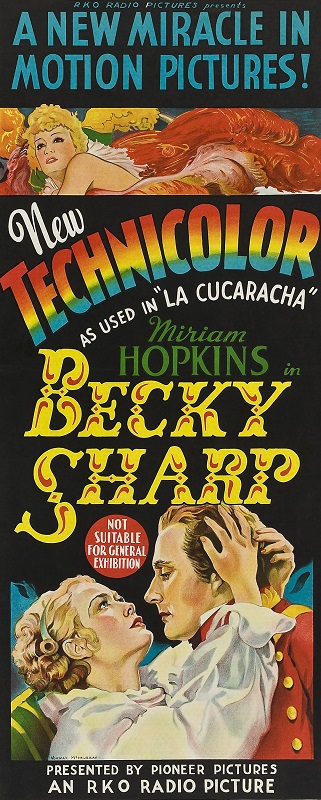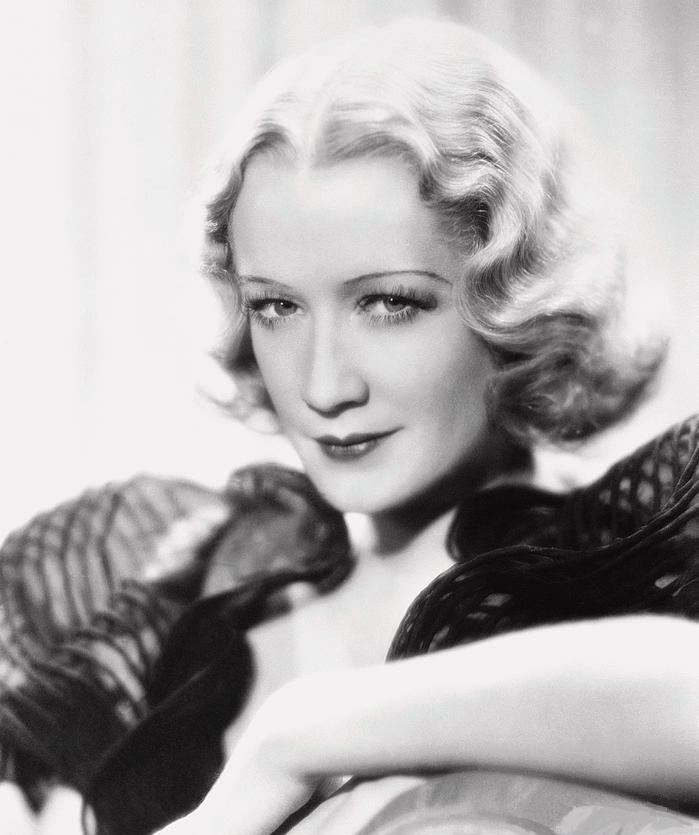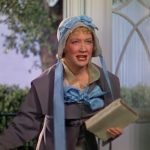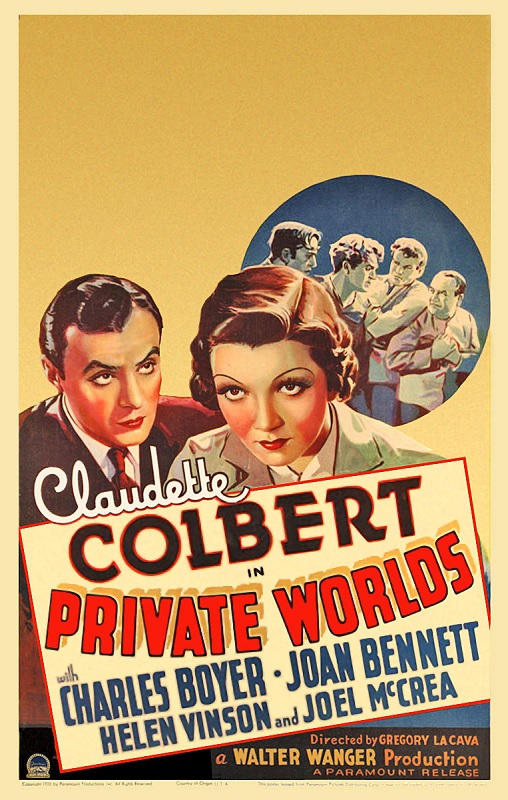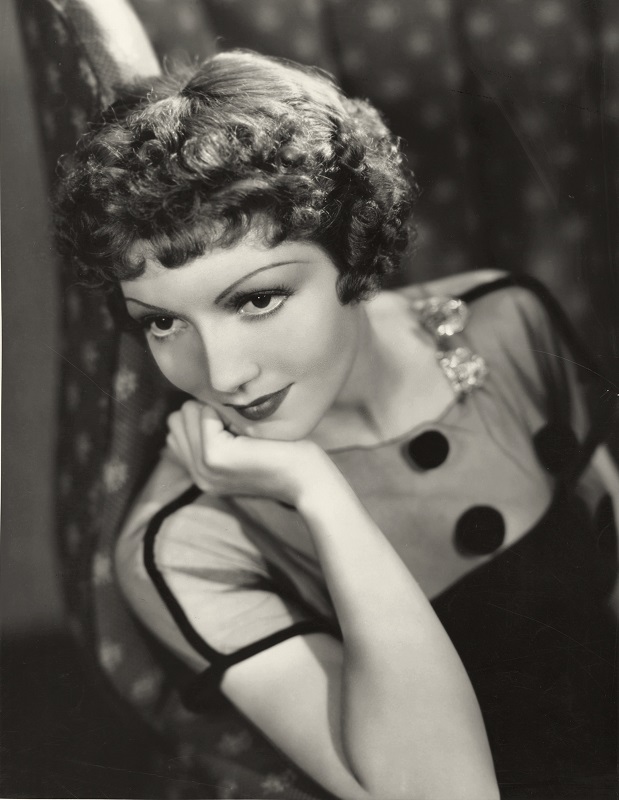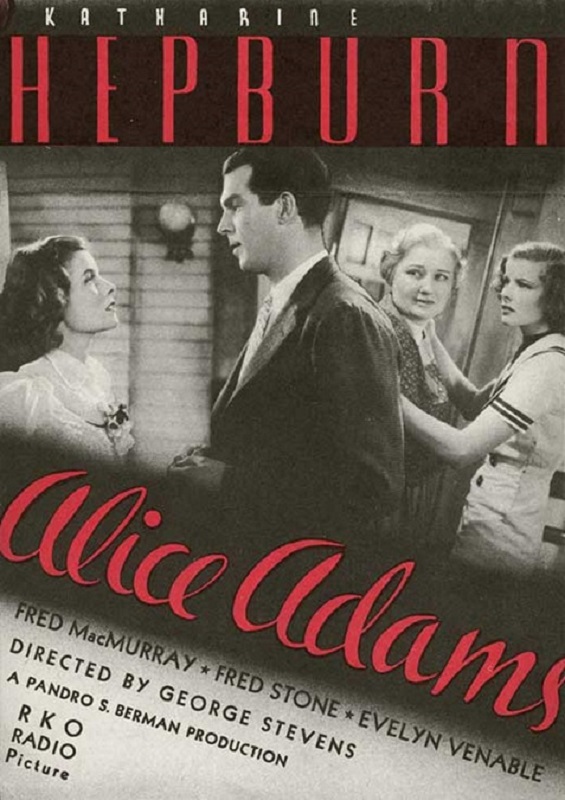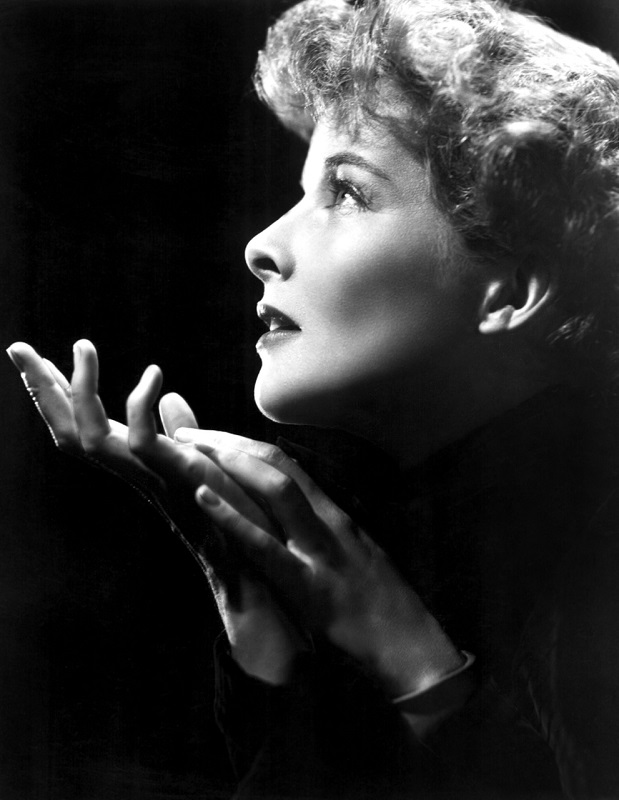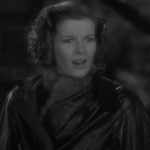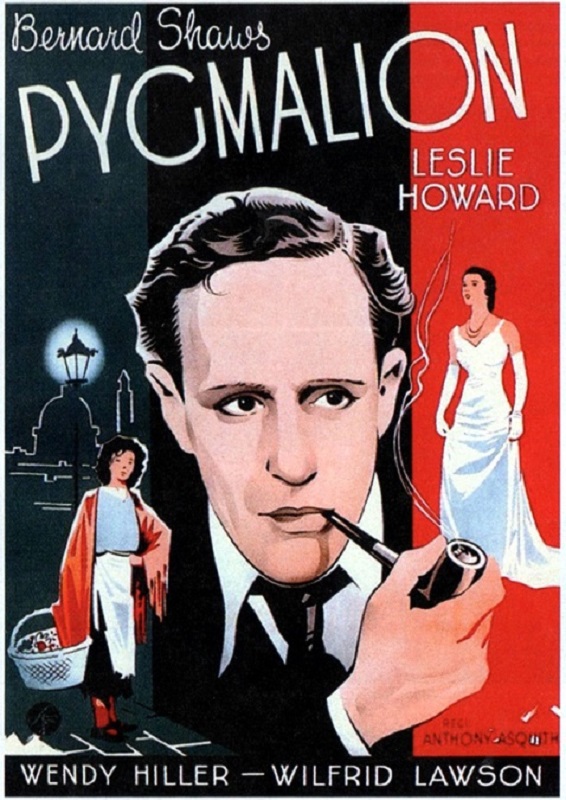
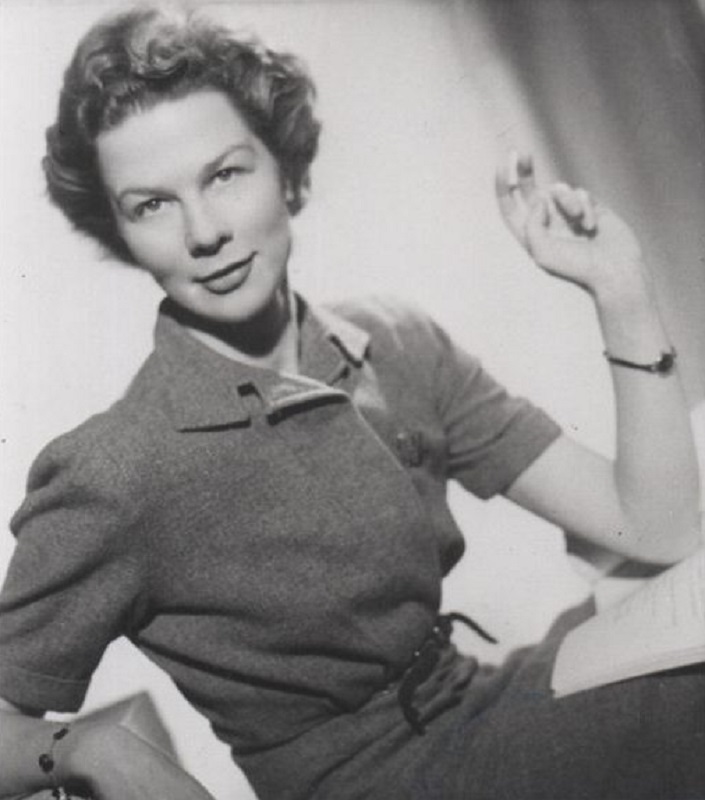

1938 – Wendy Hiller
Pygmalion
Wendy Hiller did a fantastic job. This isn’t the first time I have watched this movie, but this is the one that brought Hiller to my attention. Everything I have ever seen her do has been noteworthy. But here she was, a fresh-faced twenty-six-year-old actress who was incredibly skilled in her craft. And she really knocked this one out of the park. And it didn’t hurt that she was beautiful as well.
The role of Eliza Doolittle is a very complicated one. Not only is it packed full of emotional gravitas, but it requires mastery of two different accents, the first one being a strong Cockney, and the other being a high-born English, though in this case, it would be high-taught. Hiller pulled them both off quite believably, and even had to combine the two a little bit in the film’s climactic scene. But it wasn’t just the accents, it was the attitude. The way she carried herself from the beginning of the movie to the end had to evolve with the character. I imagine this could not have been easy, but Hiller was perfection.
One of my favorite scenes with Eliza is the one in which she first comes to Professor Higgin’s house, looking for speech lessons. The character of Eliza is way out of her depth and doesn’t even know it. There is a confidence in her that is nervous and vulnerable, and by the end of the scene it is very nearly crushed by Higgin’s acerbic personality. She ends up terrified, and yet determined to better herself, even if it means allowing him to treat her badly. And the complete shift in her mannerisms when Colonel Pickering shows her respect and kindness was remarkable.
But probably one of the more difficult scenes for Hiller to play was the climax of the story, where she walks out on Henry Higgins. There was a strength in Hiller’s eyes that was unmistakable. There was confidence and a sense of self-worth that was crucial to the narrative. I thoroughly enjoyed Hiller’s performance in this film. She made me enjoy the movie, despite the fact that I’ve never been a huge fan of Leslie Howard, who, I must admit, did a good job, as well. The original play by George Bernard Shaw was beautifully written, and Wendy Hiller really did the part justice. I think she really deserved her Oscar nomination.






